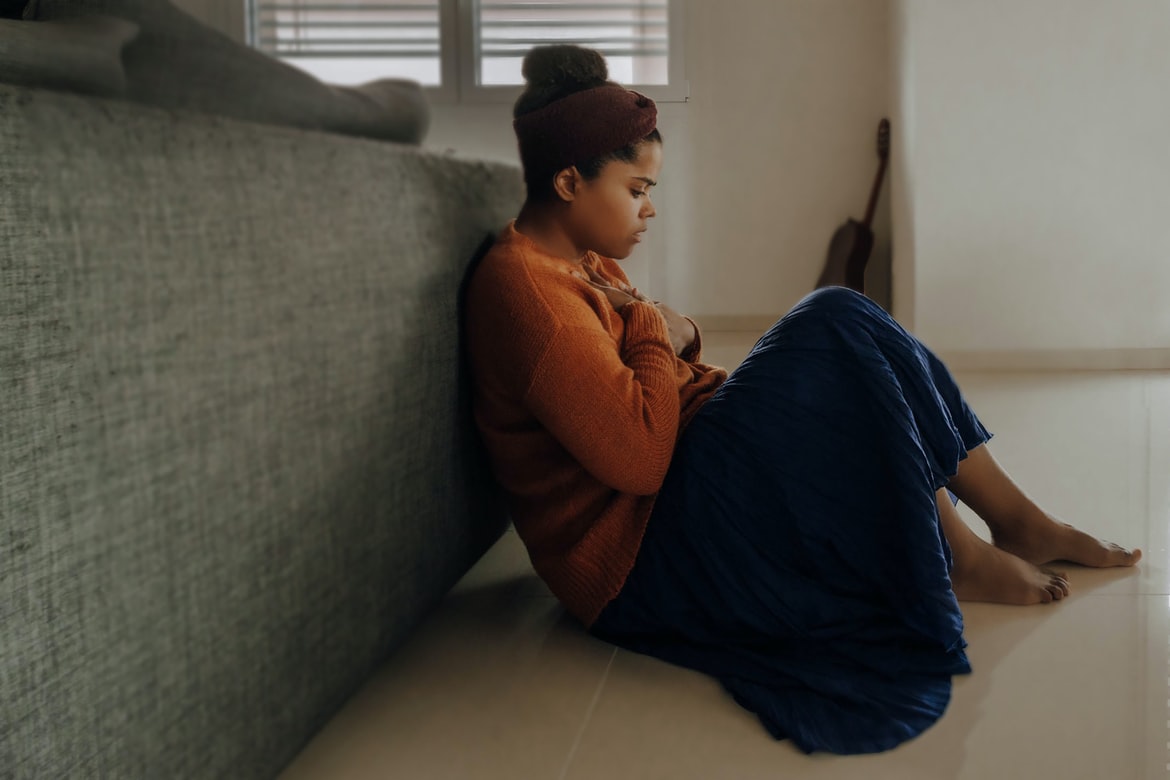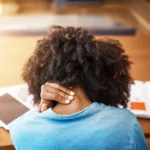Africa’s Mental Health Crisis: Hope, Healing, and Change

Mental health is an often overlooked but deeply important part of overall wellbeing. In Africa, millions of people face challenges such as depression, anxiety, and trauma, yet few receive the care they need. The World Health Organization (WHO) estimates that nearly 1 in 4 people globally will face a mental health disorder in their lifetime, and Africa bears a significant share of this burden.
Despite the seriousness of the crisis, stigma, lack of awareness, and limited healthcare resources prevent people from seeking help. But change is happening. Communities, governments, and individuals are beginning to recognize mental health as a priority. This article highlights the crisis while shining a light on hope, healing, and change.
The Mental Health Crisis in Africa
Several factors contribute to Africa’s mental health struggles:
-
Stigma and cultural beliefs: Mental illness is often misunderstood, seen as spiritual weakness or witchcraft.
-
Limited access to professionals: On average, there is only 1 psychiatrist per 500,000 people in sub-Saharan Africa.
-
Poverty and unemployment: Financial struggles worsen stress, anxiety, and depression.
-
Conflict and trauma: Wars, displacement, and gender-based violence leave lasting psychological scars.
-
Urban stress: Fast-paced city life increases isolation and pressure.
The result is a hidden crisis—millions suffer in silence.
Breaking the Stigma
In many African cultures, speaking about mental health is taboo. People fear being judged or labeled “mad.” To create change:
-
Education is key: Schools, churches, and mosques can spread awareness about mental wellbeing.
-
Role models: When African leaders, celebrities, and influencers speak openly about therapy or depression, stigma reduces.
-
Community conversations: Village meetings, radio shows, and storytelling can normalize mental health discussions.
The more people talk, the more healing begins.
Pathways to Healing
While challenges exist, there are practical steps toward better mental health:
1. Professional Support
Access to therapy, counseling, and medication must expand. Countries like Kenya, South Africa, and Nigeria are training more professionals to fill the gap.
2. Traditional and Modern Integration
Traditional healers remain the first point of care for many Africans. Partnerships between healers and modern health professionals can build trust and ensure safe treatment.
3. Community-Based Care
Not every solution requires a hospital. Community groups, NGOs, and peer-support programs can provide safe spaces for people to share and heal.
4. Affordable Digital Solutions
With Africa’s booming mobile phone use, mental health apps, helplines, and WhatsApp counseling are becoming game changers in providing accessible support.
The Role of Families and Communities
In Africa, family bonds are strong, and community ties are central. Families can:
-
Encourage loved ones to speak up without shame.
-
Support healthy coping strategies—exercise, prayer, music, and rest.
-
Watch for warning signs like withdrawal, mood swings, or substance abuse.
Communities that show compassion instead of judgment can save lives.
A Vision for Change
Governments, NGOs, and international organizations are increasingly investing in mental health:
-
Policies: Countries like Ghana and Ethiopia are introducing mental health policies.
-
Training: Nurses and community workers are being trained in basic counseling.
-
Awareness campaigns: Radio, TV, and social media are breaking old myths.
These efforts are creating a new narrative—one of hope, healing, and resilience.
Conclusion
Africa’s mental health crisis is real, but it is not hopeless. Change is underway as awareness spreads, communities open up, and support systems grow. Healing begins with conversation, compassion, and courage.
By breaking stigma, supporting professional and community care, and embracing both traditional and modern approaches, Africa can turn this crisis into a story of hope, healing, and change.
Mental health is health. And Africa’s future depends on it.
Written by Fawzi Rufai, Medically Reviewed by Sesan Kareem



